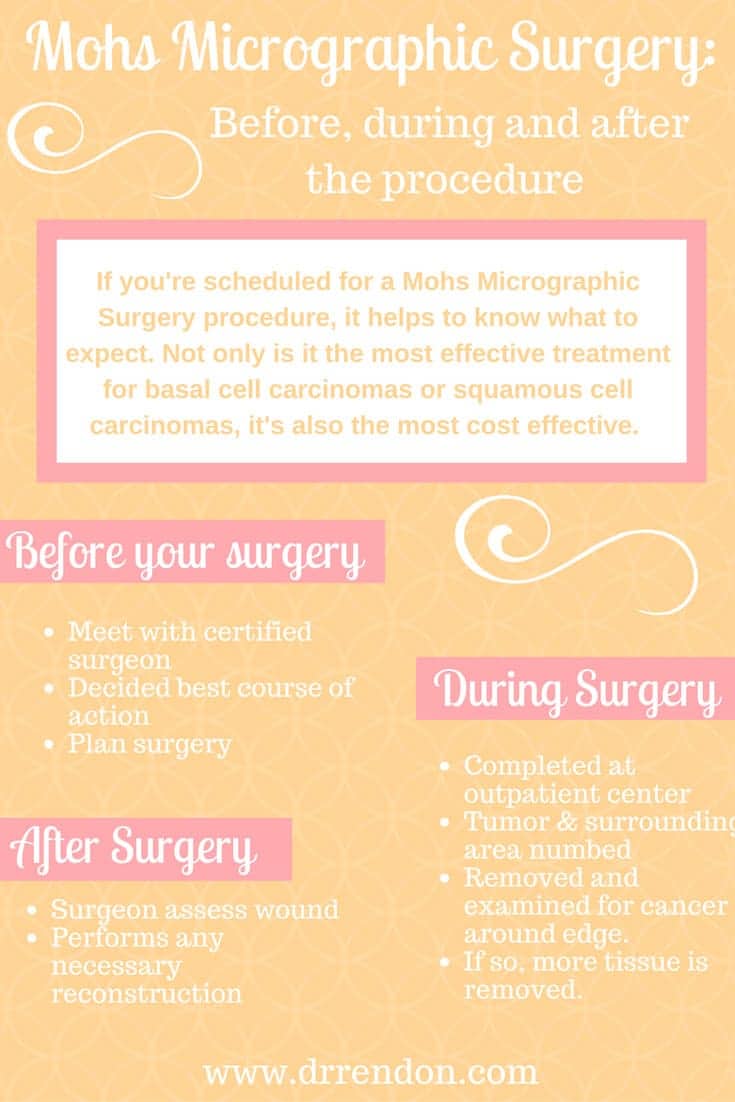Misconceptions And Truths Regarding Acne: Debunking Common Misconceptions
Misconceptions And Truths Regarding Acne: Debunking Common Misconceptions
Blog Article
Material Composed By-Melvin Beyer
You could think that delighting in delicious chocolate or greasy foods is the source of your acne, but that's simply one of numerous myths swirling around this common skin disease. In fact, acne mostly stems from clogged hair follicles, not your last dessert. Misconceptions like these can lead you to take on ineffective skin care techniques that might also worsen your situation. As you browse the realities behind acne, you'll discover understandings that could change your strategy to skin care and assist you accomplish more clear skin. So, what really exists beneath the surface area?
Common Myths Concerning Acne
When it pertains to acne, lots of people count on usual myths that can bring about complication and frustration. One common misconception is that eating chocolate or greasy foods causes acne. While diet plan can influence skin health and wellness, the direct link between particular foods and acne isn't as precise as numerous believe.
An additional usual false impression is that you must scrub your face vigorously to clean up outbreaks. In truth, aggressive scrubbing can irritate your skin and aggravate acne.
You may likewise think that acne only influences teens, but grownups can experience it as well, commonly as a result of hormonal changes or stress. Some people think that tanning can clear acne, yet sunlight direct exposure can in fact result in skin damages and intensify outbreaks in the future.
Finally, several think that using severe products will certainly eliminate acne quickly. However, these products can remove your skin of its natural oils, leading to enhanced irritability and more outbreaks.
Scientific Details Behind Acne
Recognizing the scientific realities behind acne can encourage you to tackle this common skin condition better.
Acne occurs when hair roots end up being clogged with oil, dead skin cells, and bacteria. This process typically begins with an overproduction of sebum, the oil your skin naturally produces. Hormonal changes, especially during puberty or menstrual cycle, can trigger this excess oil.
Bacteria called Propionibacterium acnes prosper in these clogged pores, leading to inflammation. When your body immune system reacts, it can cause inflammation and swelling, leading to those pesky acnes or cysts.
Genetics additionally play a role; if your parents had acne, you could be a lot more susceptible to it.
Diet and stress and anxiety levels can affect acne too, but research study is still developing in these locations. While indulging in greasy foods will not straight create outbreaks, a well balanced diet regimen can support your skin health.
Also, handling stress and anxiety can reduce hormone fluctuations that might intensify acne.
Tips for Taking Care Of Acne
Handling acne properly requires a combination of everyday skincare habits and way of life adjustments. Beginning by developing a constant skin care routine. Cleanse your face two times a day with a mild, non-comedogenic cleanser to get rid of dirt and excess oil. Stay clear of rubbing too hard, as this can aggravate your skin and get worse acne.
Next, incorporate items having salicylic acid or benzoyl peroxide to help protect against outbreaks. Constantly follow up with simply click the next internet site -weight, oil-free moisturizer to keep your skin hydrated. microneedling chicago for non-comedogenic choices to secure your skin from UV damage without clogging pores.
Beyond skin care, take note of your diet regimen. Limitation sugary and greasy foods, and concentrate on fruits, vegetables, and entire grains. Staying hydrated is vital, so drink lots of water throughout the day.
Additionally, take care of tension through activities like yoga, reflection, or exercise, as stress and anxiety can trigger breakouts.
Lastly, prevent picking or standing out pimples. This can lead to scarring and further inflammation. If your acne continues, seek advice from a skin doctor for individualized treatment alternatives.
Conclusion
In conclusion, it's necessary to separate fact from fiction when it involves acne. By unmasking common myths, you can much better comprehend your skin and make notified options for your skincare regimen. So, why remain to rely on out-of-date ideas when the reality can encourage you? Embrace healthier routines, focus on gentle cleaning, and bear in mind that managing acne is a trip. With the appropriate understanding, you're one action better to more clear, healthier skin.
